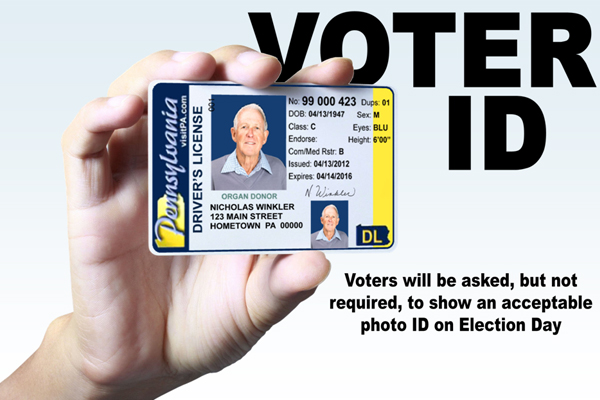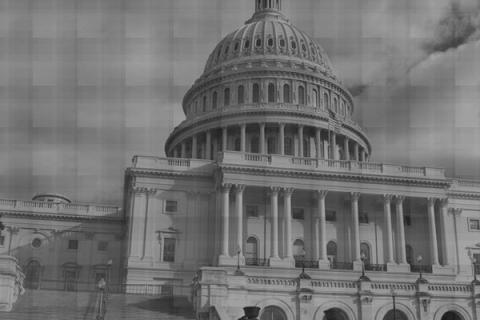The constitutionality of HB934, Pennsylvania's Voter ID bill has been hotly debated since being signed into law in March of 2012. Many Republicans argue that the voter ID bill will stave off fraudulence at the voting booth. Most Democrats doubt the existence of the type of fraud that would be prevented by a photo ID, and rail against voter suppression.
In fact, there is no evidence to support the claim that photo IDs would stop any significant voter fraud. It is true that requiring a photo ID would create obstacles for some citizens trying to exercise their right to vote, and bill HB934 should be opposed. However, Pennsylvania's electoral process is already crippled by several practices that are supported and defended by both of the major parties, and disenfranchise a much larger group of voters.
The closed primary system is supported by Republicans and Democrats alike. The primary races constitute the critical first round of voting and determine who will be on the general ballot. Yet, while we all pay for major party primaries, only some can vote in them. Independent and non-affiliated voters are barred from participating.
Another unfair practice that exists in our state is that of requiring independent and third-party candidates to collect many thousands more signatures to get their names on the statewide ballot than do major party candidates. Under the Voters' Choice Act, introduced by Senator Folmer, independents and candidates of political bodies would need to collect the same number of signatures as the candidates of the two major parties.
Advocates for voting rights need to oppose the voter ID bill. However, and I would argue, more importantly, we also need to support two current open-primaries bills: HB 994, sponsored by Rep. Depasquale; and SB 1295, sponsored by Sen. Anthony Williams. Additionally, we must support The Voter Choice Act (SB 21). Any of these initiatives would benefit a much larger group of disenfranchised voters than would be adversely affected by the Voter ID bill.
The problem is that these important pieces of legislation remain dead-on-arrival in the house and senate. Voter and ballot access is stunted in our state because neither major party will stand up and support real and meaningful improvements in our electoral process. Only when one of the major parties is threatened do we hear about electoral reform being debated by our representatives.
Passage of these non-partisan reforms would give Pennsylvanians a truly post-partisan election system fostering voter participation, and better government.
An earlier version of this article was posted on News Works

